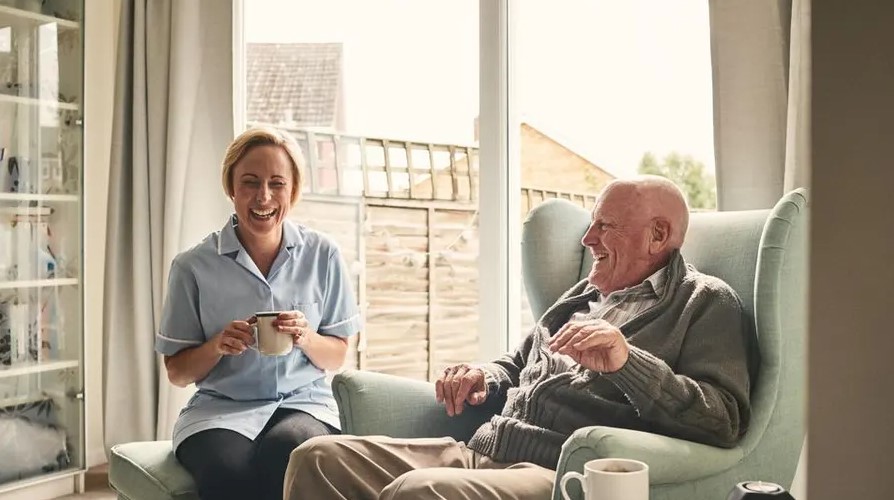

In the world of senior care, one size definitely does not fit all. With a wide array of personal histories, health conditions, and lifestyle preferences, every resident in an assisted living center is unique. Recognizing and respecting this uniqueness is at the heart of the personalized care approach. This article delves into the concept of personalized care in assisted living centers like Aspen Creek of Troy, outlining its significance, how it’s implemented, and its impact on residents’ well-being.
The Concept of Personalized Care
Personalized care, also known as person-centered or individualized care, is an approach that puts the individual at the center of their care. Rather than a one-size-fits-all plan, this model tailors care and services to each resident’s unique needs, preferences, and life history. It promotes resident autonomy and dignity, ensuring that their voice is heard in all aspects of their care.
Implementing Personalized Care
Implementing personalized care begins with a comprehensive assessment of each resident upon their arrival. This includes understanding their medical history, cognitive and physical abilities, dietary preferences, daily habits, hobbies, and personal history. From this information, a detailed, individualized care plan is developed, outlining the types of support required and preferred daily routines.
Staff members, including caregivers, nurses, and therapists, work closely to implement this care plan, continually updating it as the resident’s needs change. Moreover, residents and their families are encouraged to participate in care plan meetings, fostering open communication and ensuring that the resident’s wishes are prioritized.
Personalized Activities
Beyond medical and daily living support, personalized care extends to recreational activities. Assisted living centers often offer a wide range of activities designed to promote physical health, mental stimulation, and social engagement. By understanding each resident’s interests and abilities, these activities can be tailored to provide maximum enjoyment and benefit. This can include art classes for creative residents, book clubs for avid readers, gardening activities for nature lovers, and so on.
The Impact on Residents’ Well-being
The personalized care approach significantly enhances residents’ well-being. By ensuring that care aligns with individual preferences and habits, residents are more likely to feel comfortable, satisfied, and valued. It can also improve health outcomes by promoting adherence to medical treatments and reducing the risk of complications.
Furthermore, personalized care fosters a stronger relationship between staff and residents. Staff members who understand a resident’s life history, preferences, and personality can provide not just physical care, but emotional support and companionship.
Summary
Embracing personalized care in assisted living centers is fundamental to fostering an environment where seniors can thrive. This individualized approach ensures that residents are seen and treated as unique individuals with their own set of preferences, needs, and life stories. It’s a model that goes beyond providing basic care; it emphasizes respect, dignity, and the overall well-being of each resident. As we continue to advance in our understanding of senior care, the implementation of personalized care becomes not just a nice-to-have feature, but an essential standard for delivering high-quality care in assisted living centers.









